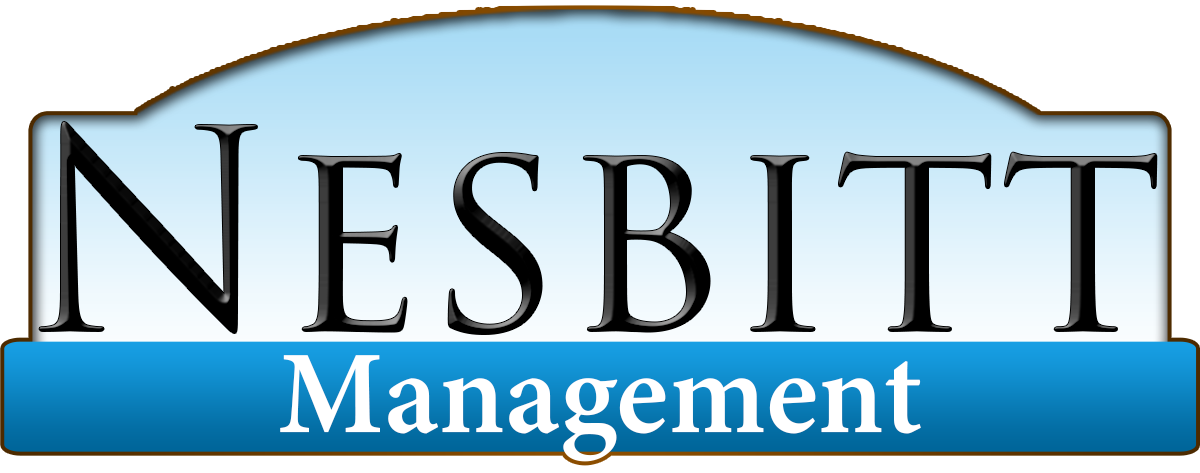Owning rental properties is no walk in the park, especially when it comes to the inevitable decision: should you upgrade your rental or stick to basic maintenance? Sure, granite countertops sound fancy, but are they really going to make your tenants pay up on time? Let's dive into the financial implications of property upgrades, the potential return on investment (ROI), and why Nesbitt Realty encourages you to make smart, wallet-friendly choices.
The ROI Balancing Act: To Upgrade or Not to Upgrade?
Let's say you own a rental property and you've noticed that your tenant, let's call him "Tim the Troublemaker," keeps hinting at the need for an upgrade. Should you give in? Here’s the kicker: while upgrades can attract better tenants and justify higher rents, not every shiny new faucet pays off in the long run.
Consider this: upgrading a kitchen with high-end appliances and granite countertops could increase your rental rate, but will the increase in rent cover the costs of these improvements within a reasonable time? It’s a tough call, and this is where understanding ROI is crucial.
At Nesbitt Realty, we advise landlords to focus on upgrades that yield the most bang for their buck. Simple, cost-effective changes—like fresh paint, new flooring, or energy-efficient windows—can give you a good return without emptying your pockets. Plus, when tenants see these thoughtful upgrades, they’re less likely to channel their inner Tim the Troublemaker and more likely to renew their lease.
Tenant Satisfaction vs. Overcapitalization
Upgrades don’t just impact the property; they affect tenant satisfaction. Happy tenants, as we like to remind our landlords, are the ones who stick around, pay on time, and don’t call you at 3 a.m. because a lightbulb went out. But it’s easy to overdo it.
Take, for instance, Bob the Landlord, who decided to turn his rental into a mini palace, complete with smart home tech, a sauna, and a wine cellar. Spoiler alert: the rent increase didn’t quite cover Bob’s ambitions, and now he’s stuck wondering if anyone really wanted a wine cellar in a one-bedroom apartment. Overcapitalization—spending more on improvements than you’ll recoup in increased rent or resale value—is a real risk.
Nesbitt Realty believes in the art of subtle upgrades. A new coat of paint or modern light fixtures? Absolutely. A personal sauna in a studio apartment? Maybe think that one over again.
Long-Term Financial Benefits
Some upgrades, though, aren’t just about short-term gain. Investing in energy-efficient windows, updated insulation, or even solar panels could save you money in the long run—especially in regions like Northern Virginia, where utility costs can be hefty. These eco-friendly investments can also help landlords qualify for tax breaks, making the financial implications much sunnier than they first appear.
And let’s not forget: energy-efficient upgrades can appeal to environmentally conscious tenants, making your property more competitive in the market (take that, Bob the Landlord!).
Conclusion: Smart Spending for Smart Returns
At the end of the day, property upgrades are about balancing tenant satisfaction, future-proofing your investment, and maintaining financial sanity. Before diving into any major renovation project, consult with experts (like the fine folks at Nesbitt Realty, of course), and crunch the numbers to make sure that your investment doesn’t turn into a financial headache.
So, the next time you hear Tim the Troublemaker whispering about upgrades, you’ll know exactly how to handle it—smart upgrades, smarter spending, and an even smarter ROI.
